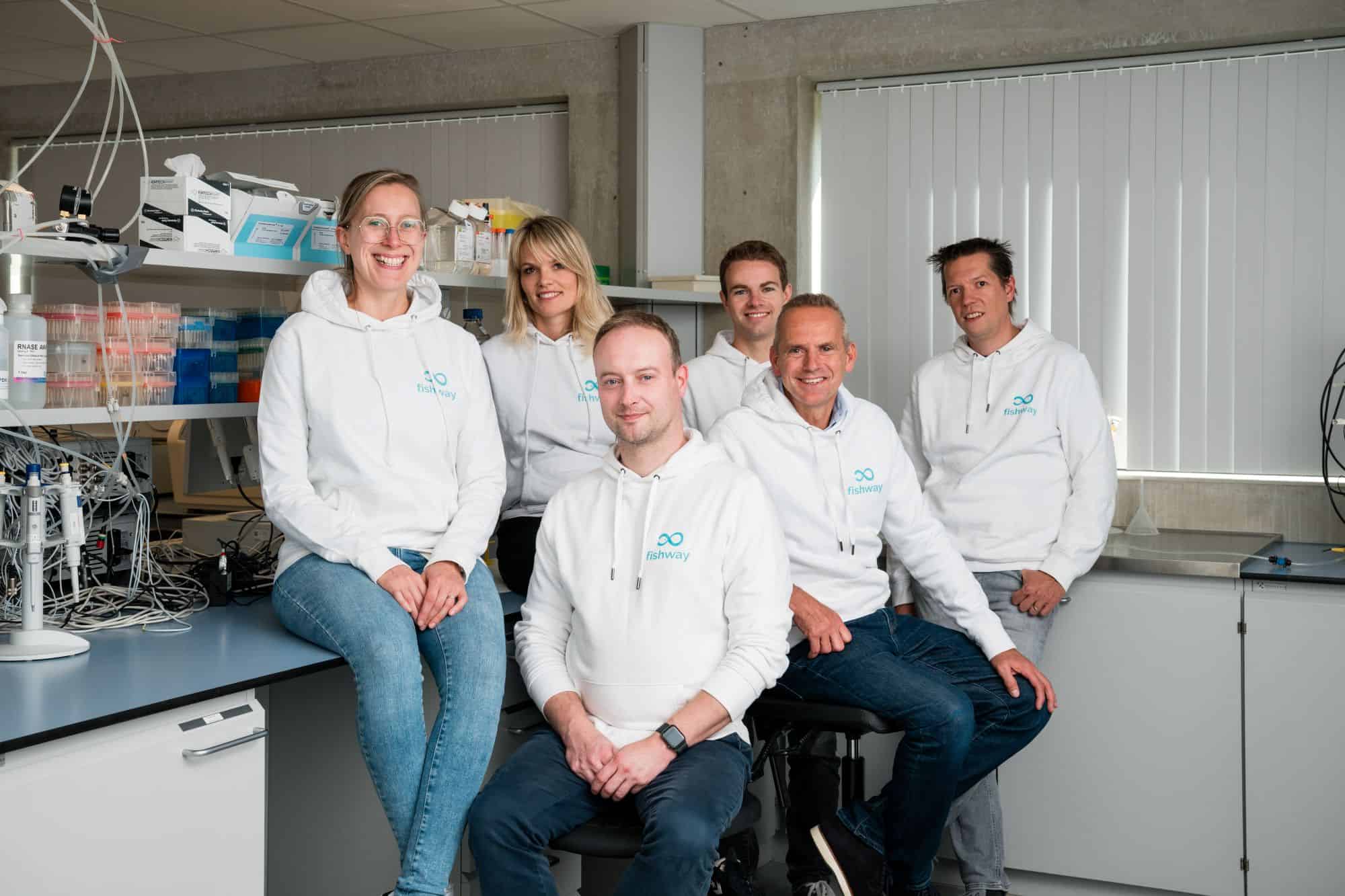Tokyo-based food tech startup Kinish Inc. has secured $800,000 USD (¥120 million) in a seed funding round to advance its rice-based dairy alternative technology. The funding was led by Genesia Ventures, Lifetime Ventures, Full Commit Partners, and Mitsubishi UFJ Capital.
“We fear that opportunities to enjoy the joy of food will decrease at an accelerating rate”
Kinish is working to develop a rice-based source of casein, the key protein found in milk, using plant molecular agriculture. The company’s goal is to create plant-based dairy alternatives that closely replicate conventional dairy in taste and texture, while also addressing environmental concerns tied to livestock farming.
CEO Hiroya Hashizume explained that the company’s mission is rooted in both sustainability and food enjoyment. “We believe that ‘small moments of excitement’ are essential to human life, and delicious food plays a key role in that. However, in the face of pressing environmental issues, we fear that opportunities to enjoy the joy of food will decrease at an accelerating rate,” he said.

Addressing environmental and agricultural challenges
As global demand for dairy alternatives increases, Kinish is positioning its rice-based casein as a way to address both environmental and agricultural challenges.
Takashi Sogabe, an associate at Genesia Ventures, noted, “Modern dairy farming is heavily dependent on large amounts of water and land, which will come under increasing pressure due to environmental changes. On the other hand, existing alternative milks have not shown sufficient improvement in taste and texture. Kinish has the elemental technology to provide a low-cost alternative milk that faithfully reproduces the functionality of milk.
In addition to developing casein-producing rice, Kinish is working to refine its cultivation methods. The company is partnering with Shizuoka University to research indoor farming techniques that could make rice production more efficient. This includes growing a specialized dwarf rice variety, which reaches just 20 cm in height and could be better suited for controlled environments. By moving toward plant factory models, Kinish aims to reduce the agricultural risks associated with climate change.

Commercialization strategy
As part of its commercialization strategy, Kinish is preparing to launch an ice cream product in both Japan and the US. Unlike its future casein-based dairy alternatives, this initial product will be made from rice without added milk proteins. The company sees this as a way to introduce consumers to the potential of rice as a dairy alternative while continuing to develop its molecular farming technology.
Mitsubishi UFJ Capital’s Investment Division 3 general manager, Koichi Hatano, explained, “Many food tech startups are working to address food production challenges, but Kinish stands out with its unique technology and strong marketing approach.”
“Kinish is working to develop an unprecedented dairy alternative product”
The company’s research efforts have drawn attention within the industry. Kinish was awarded the Startup Award at Japan Summit 2024 and was the first Japanese company selected for the US-based Union Kitchen accelerator program.
Looking ahead, Hashizume reiterated that Kinish’s goal is to create alternatives that do not compromise on taste or sustainability: “Kinish is working to develop an unprecedented dairy alternative product by maximizing the potential of rice and our unique technology. We will further accelerate our research and development in Japan and the United States, and strive to realize a delicious and sustainable future.”




